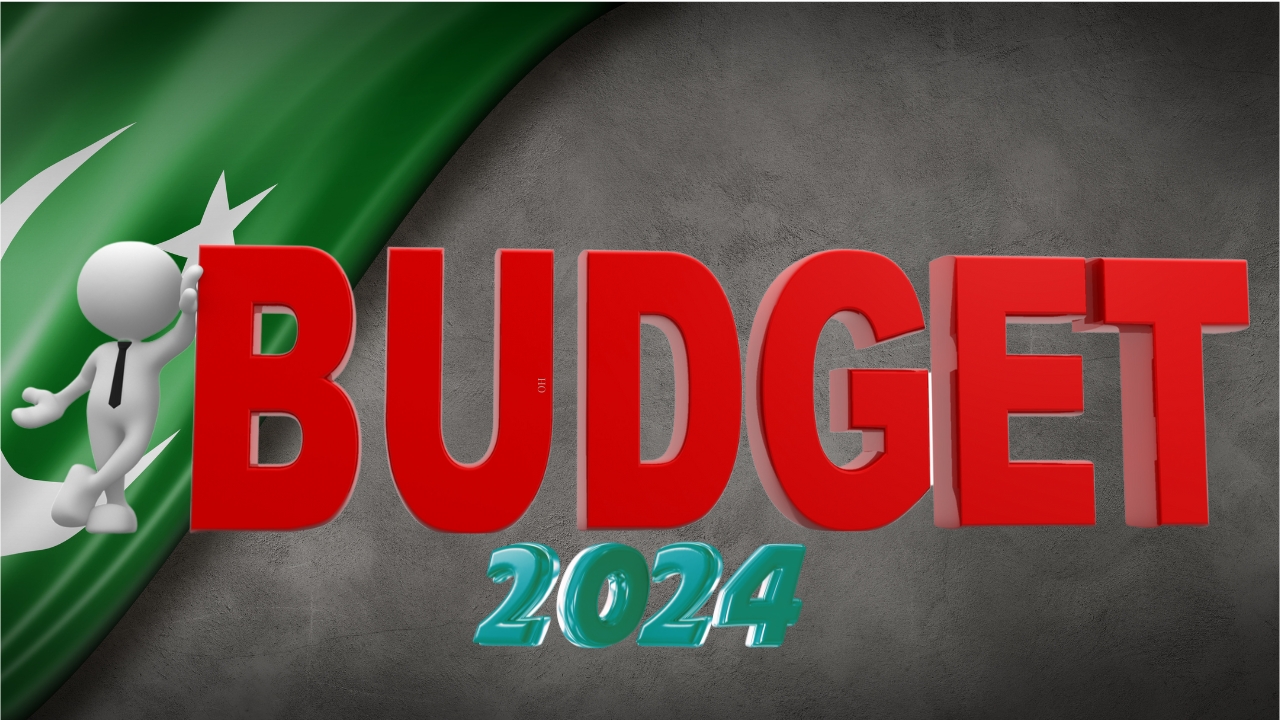Pakistan swiftly approved the IMF-drafted Federal Budget 2024-25 on Friday, making last-minute adjustments that effectively resulted in a twofold increase in the tax rate for salaried individuals. Additionally, air travel costs were raised by at least 40 percent, petrol and diesel prices were raised, and a punitive surcharge of 10 percent was imposed on high salaries. While the Washington-based lender thinks that the current situation is not sufficient, many in Pakistan consider it to be dreadful.
It is necessary for us to comprehend several aspects in this situation. Implementing tax hikes in the latest budget may appear to be a viable approach, but it will have negative consequences, as evidenced by recent events in Kenya. Given our substantial debt burden, there are limits to the extent of spending cuts that can be implemented.
The Federal Budget 2024-25 does not provide any opportunity for the government to consider the possibility of effectively and peacefully restructuring its debt in order to alleviate the tax burden on those who rely on their monthly income. The salaried class is facing significant challenges.
Notable features of the budget
The 10 percent surcharge functions as a penalty imposed on high-income individuals, who are already subject to the excessively high 35 percent statutory tax rate on their yearly total income. In addition, a new progressive tax system for property transactions has been implemented. Under this system, those who register their taxes would be required to pay a minimum of Rs. 4 million for properties valued at Rs. 100 million, while those who do not file their taxes will face a minimum tax of Rs. 10 million for properties of the same value.
Even mobile phones are not exempted. Mobile phones with a value less Rs. 140,000 would be subject to an additional tax of 18 percent, but phones with a value above this threshold will be taxed at a rate of 25 percent.
The regular price of milk, including the fat content, will now be subject to an additional 18 percent sales tax. Do infants relocate to foreign countries?
Exporters will now be included in the standard tax system, meaning they will be required to pay a 29 percent corporate tax along with any applicable super tax on their export earnings.
Individuals and Associations of Persons (AoPs) who earn more than Rs. 10 million in annual income are now subject to a 10 percent surcharge on their computed income tax.
Fiscal allocation and financial obligations
Pakistan is currently ensnared in one of the most serious debt crises on a global scale. The nation has accumulated substantial levels of debt, wastefully allocating it towards unproductive outlays such as spending. According to a tweet by a former deputy governor of the central bank, the nation’s failure to meet its previous debt payments is leading it towards defaulting on its development and climate requirements.
Currently, the government allocates a larger portion of its budget to debt servicing than any other nation globally, and this pattern is expected to persist for a number of years. This requires imposing severe and impractical taxes to repay previous debts, hence leaving little actual resources for investing in Pakistan’s future.
The burden of interest payments
Among emerging countries, Pakistan has the highest interest payment, accounting for 6 percent of its economy. Pakistan allocates 65 percent of its government revenue to interest payments, making it the second highest country in this regard, after Sri Lanka. The substantial interest cost prevents the government from allocating any resources towards critical social spending, which is necessary for improving the population’s skillset, raising job quality, boosting exports, and attracting foreign investment.
The government’s expenditure on interest surpasses its spending on education by nearly thrice, placing it as the second lowest internationally, just behind Sri Lanka. Furthermore, the government allocates twice the amount of funds towards interest payments compared to investment, which is crucial for economic growth. This ratio is only surpassed by Angola and Lebanon. Pakistan’s present investment in its GDP stands at a mere 14 percent, much below the threshold required for long-term economic growth.
Insufficiently articulating the point: Despite the decrease in interest rates, Pakistan has had one of the highest interest bills globally over the past four years.
The issue stems from Pakistan’s substantial debt burden, rather than solely from high interest rates. Despite a remarkable 2 percent growth in GDP revenues in the next years, the government is nevertheless burdened by interest payments, which account for approximately 55 percent of its total revenues.
Are you optimistic about inflation?
The recently announced budget amounts to a substantial Rs. 18.9 trillion, with a significant Rs. 13 trillion goal for tax collection and Rs. 9.8 trillion allocated for debt servicing. The inflation prediction for the current month has been revised upwards to 13.5 percent, casting doubt on the government’s ability to control inflation in the upcoming months, considering the initial target of 12 percent for 2024-25. Starting tomorrow, the IMF predicts that inflation will exceed 12 percent.


